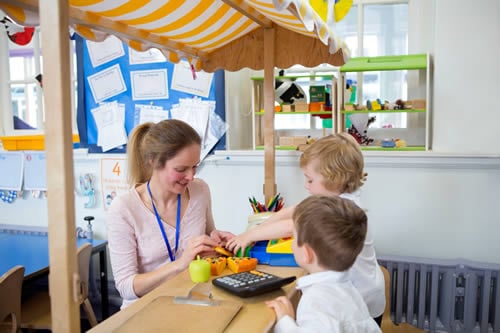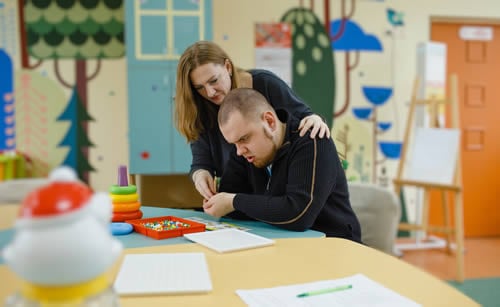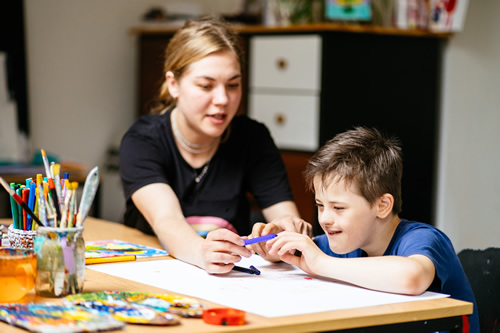An education and healthcare plan – known as an ‘EHCP’ – is a document drawn up by a local authority which sets out exactly what support a young person requires in terms of their schooling as well as their physical health. The contents of the EHCP vary greatly according to the child’s individual profile of difficulties and might include, for example, a specified amount of one-to-one assistance in the classroom or interventions such as occupational therapy or speech therapy.
The document is reviewed and updated every year and families and schools are consulted regarding any changes in the young person’s needs. Because it is legally-binding, local authorities are obliged to make sure the child receives exactly the support that is detailed in the plan. EHCPs can continue until a person is twenty-five.
An EHCP is Often Viewed as the Holy Grail

Because of this, many families are understandably keen for their child to have an EHCP. However, a lot of people report that they have found it difficult or impossible to persuade their local authority to grant one. Rumours abound that councils are reluctant to issue these documents because they have to pay a certain amount of money to schools to support each child with an EHCP – which can be anything up to £6,000.
But is it absolutely necessary for every child with special needs to have an EHCP in place? Is it possible to thrive without one?
It’s Not ‘All or Nothing’

Michael Surr is Head of Education at NASEN – the National Association for Special Educational Needs – a membership organisation that supports those that work with people with SEN. As a former teacher and SENCO who has also worked in the education department of a local authority, he understands all sides of the argument when it comes to funding children with special needs.
“There is a kind of ‘all or nothing’ misconception among many parents that you either get an EHCP for your child or they get no help at all,” he explains, “but that’s not the case in reality. All schools get a notional SEN budget, which can vary depending on where you live, but it’s basically a pot of money that schools can draw on to support kids with special needs.”
Students don’t necessarily need an official diagnosis of a condition to be able to access this help, he points out. “It’s about identifying a need. For example, a teacher might notice that a child has trouble with reading, writing or spelling and provide extra support with that, long before anyone has formally identified dyslexia.”
Special Needs Don’t Always Guarantee an EHCP

And even if a child does have a diagnosis, Michael adds, it won’t automatically guarantee eligibility for an EHCP if their difficulties can be managed with the support that’s already available in their school. The plans are meant to be for children with the most complex levels of need, he carries on. This might be, for example, a student with autism who has sensory issues as well as ADHD and needs specialist equipment plus a high level of one-to-one support to be able to cope in a mainstream classroom.
Part of the confusion around EHCPs, he says, is that there are levels of funding in schools’ which parents might not be aware of or even understand. “People don’t realise that before a child gets to the point of being assessed for an EHCP, they are already receiving SEN support. We need to simplify the language we use to make it clearer.”
Don’t Get Hung up on Labels

Michael’s belief is that EHCPs are not necessary for all kids with SEN. However, he is keen to emphasise that it is the young person’s wellbeing which should be top of everyone’s list when it comes to supporting them, no matter how that is achieved.
“There has to be a system but we don’t need to be slaves to it or get bogged down with ‘labels’,” he asserts. “All children are individuals and their needs won’t all be the same. The ‘golden thread’ should be child-centred working where the young person and their family are at the heart of everything that goes on in school.
“Parents and teachers need to sit down and discuss what they’re hoping to achieve,” he concludes. “Start with the outcome and work out how you’re going to get there. We’re aiming for all kids to be independent, fulfilled adults.”




